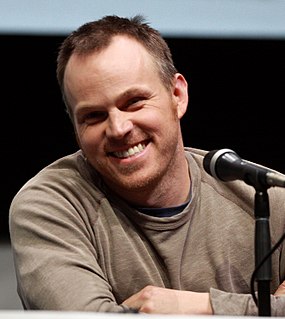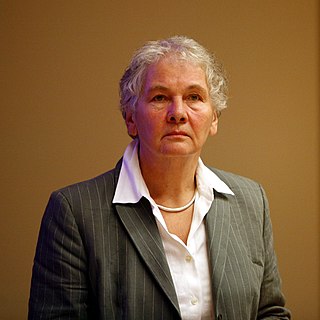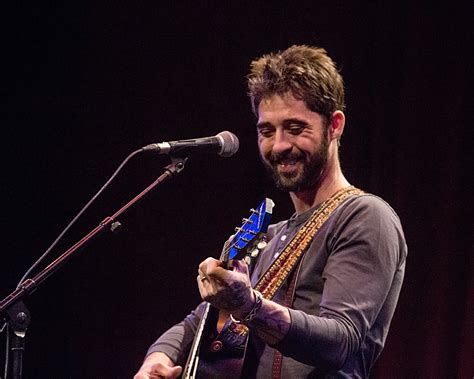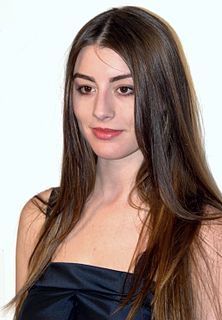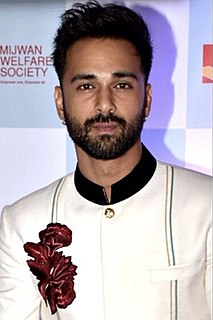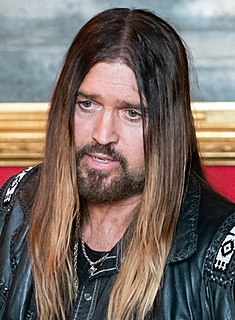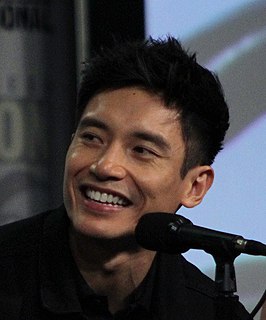A Quote by Dinaw Mengestu
My parents never referenced Ethiopia that much, largely because of the circumstances under which we left. We left during a time of political upheaval, and there was a lot of loss that came with that, so my parents were reluctant to talk about those things. So I had, by and large, an American childhood.
Related Quotes
I feel very strongly that I am under the influence of things or questions which were left incomplete and unanswered by my parents and grandparents and more distant ancestors. It often seems as if there were an impersonal karma within a family which is passed on from parents to children. It has always seemed to me that I had to answer questions which fate had posed to my forefathers, and which had not yet been answered, or as if I had to complete, or perhaps continue, things which previous ages had left unfinished.
My parents left Iran in 1979 and moved to France and then moved to the U.S. My brother was born in France and I was born in New York. I think my parents left France because they felt their kids would never be accepted by French culture. Here they thought we could feel American - that we could feel safe in that way - which was important to them, given what their experiences were in Iran. They used to joke about how I could be president because I was the only one born in America.
For me, there were a few things in the Spider-Man comics that I thought were really interesting. There's this story about Peter's parents and where he came from, and I thought that it was really interesting to explore the emotional consequence of someone whose parents had left them, at a very young age.
My parents came from Calcutta. They arrived in Cambridge, much like the parents in my novel. And I found myself sort of caught between the world of my parents and the world they had left behind and still clung to, and also the world that surrounded me at school and everywhere else, as soon as I set foot out the door.
Until that time, her betrayals had filled her with excitement and joy, because they opened up new paths to new adventures of betrayal. But what if the paths came to an end? One could betray one's parents, husband, country, love, but when parents, husband, country, and love were gone - what was left to betray?
I learned a lot about my parents, who were both teachers. I had known that my parents were very strongly in favor of education. I had known that they had an impact on a lot of people, but people came out of the woodwork who have said, "You know, without your father, I would never have gone to college," very successful people. And so I learned how widespread their educational evangelism really was.
I've had a pretty crazy life. It's colorful ... reliving some of those closets that I had shut, locked and thrown away the key intentionally because it was painful to revisit a lot of those places - especially the loss of my buddy Robbie Tooley, the divorce of my parents, some of the things I went through as a kid, a lot of that stuff was locked up for a reason - it was painful. But at the same time, there was some therapy in revisiting some of those spots.
I work with a lot of young people who have poems that are changing their lives, that they're eager to talk about, but every now and then when I meet someone, maybe someone of my parents' generation, and I tell them that I write poetry, they'll begin to recite something that they memorized when they were in school that has never left them.
My wife and I both grew up with parents who were very young. Her mom was, I think, 17 or 18 when she was born; my mom was 15 when I was born. So, as we got older, we started thinking a lot about that - about the time that those people missed because we came along when we did and because they devoted so much of their lives to taking care of us.
My childhood was very difficult. I had every childhood disease and then some, but my parents didn't mollycoddle me. They left me to fight those battles on my own. I guess that was very Canadian, very stoic. But it's good. I had to become a warrior. I had to give up hope and find a substitute for hope that would be far more stable.



